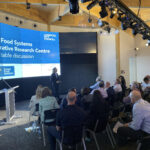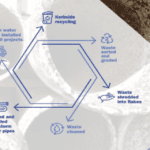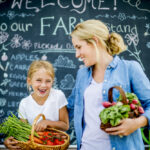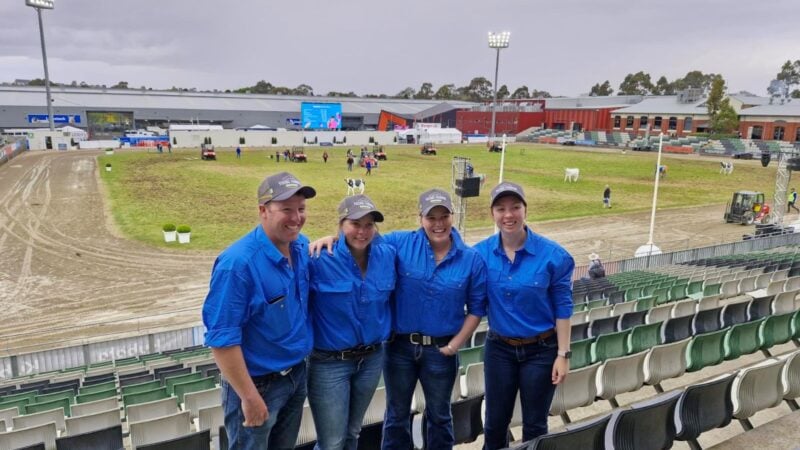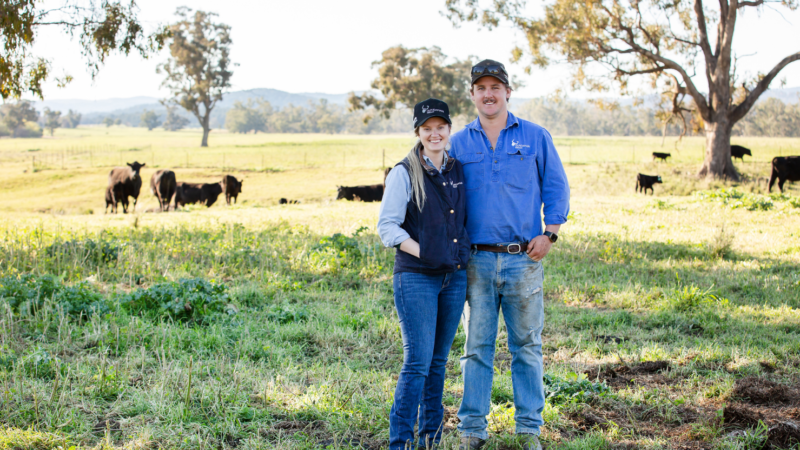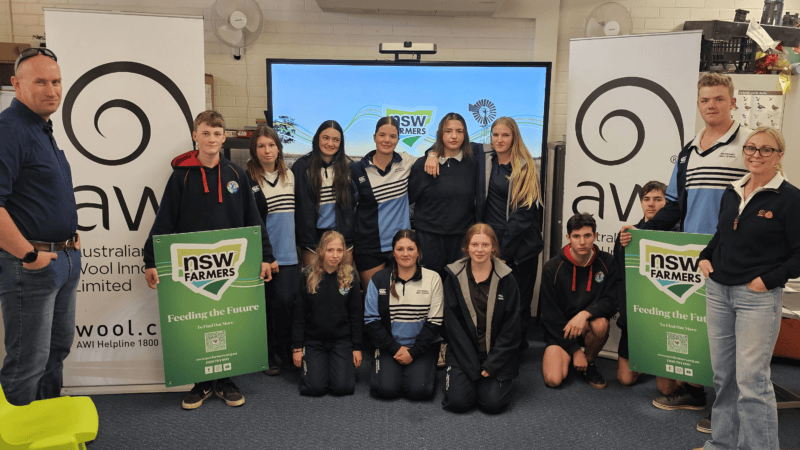Future Food System's multi-criteria mapping and scenario tools will help stakeholders design a sustainable future…
Could a Coffs Harbour food hub take off?
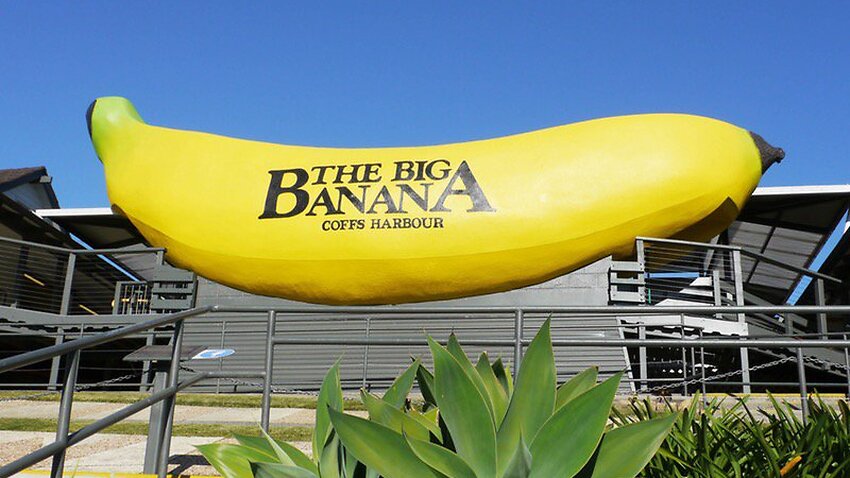
A Future Food Systems CRC project exploring the Coffs Harbour region�s agrifood industry has proposed a food innovation and logistics hub be established to grow the local agriculture sector.
The year-long �Understanding the Food Innovation Ecosystem in Coffs Harbour� project identified the Coffs Harbour regional airport as a suitable site for a precinct that would develop new value-added food products.
The project also recommended the establishment of an agrifood network to enable greater connection and knowledge exchange, and a food brand representing Coffs Harbour.
Project leader Dr Ozgur Dedehayir said the Queensland University of Technology-based team analysed the region�s food ecosystem as it exists today, then canvassed stakeholders to pinpoint limitations to evolve into a new state of production marked by greater output and higher-value products.
�Coffs Harbour has a long history in the agrifood industry, and today, the region holds great potential for further growth.�
Project leader of �Understanding the Food Innovation Ecosystem in Coffs Harbour’, Dr Ozgur Dedehayir.
�An evaluation of the existing agrifood landscape reflects legacy modes of operation marked by cooperatives, distributed activity clusters and limited knowledge exchange within the ecosystem.�
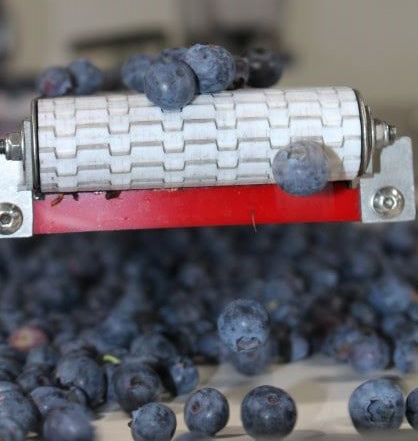
The agrifood sector accounts for 16.7 per cent of employment in the Coffs Harbour LGA and is the largest producer of exports in the region. Alongside blueberries, which account for 80 per cent of all regional produce, farmers in the Coffs Harbour LGA produce bananas, potatoes, avocados, beef, ginger, garlic, turmeric, milk, vegetables, macadamias and seafood.
Currently, a substantial percentage of the food produced in the region is sold unprocessed, sometimes into lower-value domestic markets.
�We suggest that a purposefully designed and established �food innovation and logistic precinct� could help alleviate some of the growth limitations enforced by legacy systems.�
NSW Farmers Coffs Harbour branch chair Paul Shoker supports the project�s findings, saying the region must take advantage of its existing logistics assets and food diversity.
�If we are to reach our target of a $30 billion ag sector by 2030 in NSW, we need to be looking at pathways like regional food hubs and value adding,� Paul said.
�Businesses like Ricardoes Tomatoes have done it well. Even the Big Banana was once a banana farm that has been a success story in value adding and diversifying.�
Paul said value adding local produce has a number of economic benefits, including regional jobs and diversifying markets for perishable products.
�Where a lot of the horticultural produce is grown on the north coast is also very expensive real estate, so to grow food and sell it in its raw state is often not profitable. Value adding is one way to keep farmers on the land in our region.�
NSW Farmers Coffs Harbour branch chair Paul Shoker.
Paul said Coffs Harbour is an ideal food hub location, being situated halfway between Sydney and Brisbane and already boasting a well serviced airport.
�The Coffs Coast region also has a good cross section of food production, from horticulture and dairy to beef and seafood. Not many regions in NSW can claim credit to all that.�
A Coffs region agrifood hub
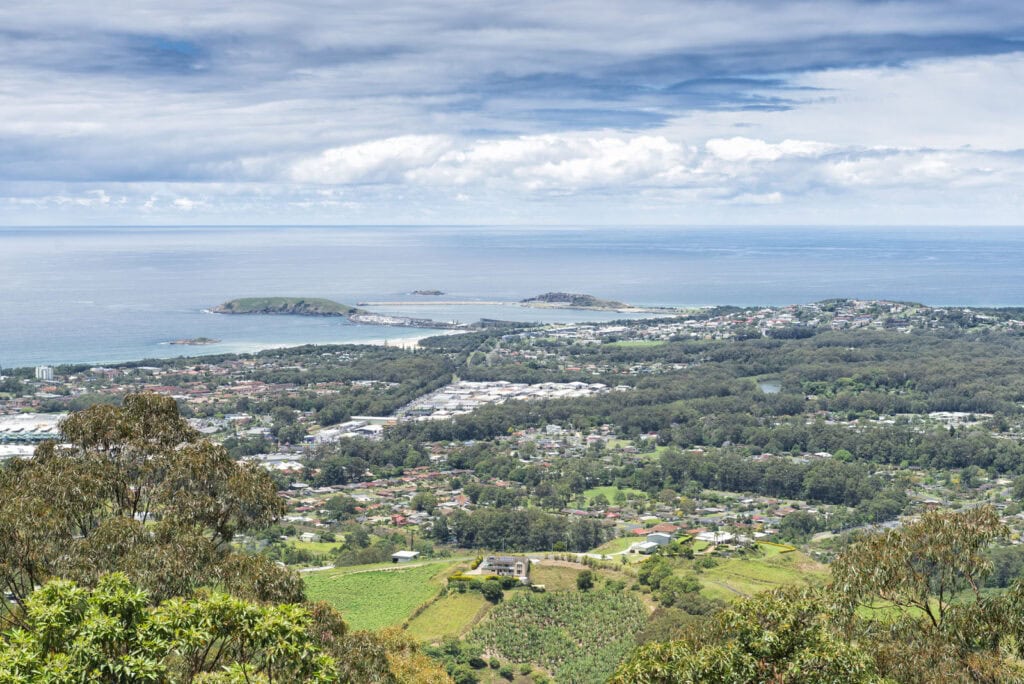
The project team�s research shows that establishing a specialised agrifood precinct in the region would provide opportunities to collaborate and build economies of scale, advantaging the sector as a whole.
�This precinct would house facilities currently in great demand from local growers and producers,� Dr Dedehayir said.
Dr Dedehayir said these would include cold rooms and commercial kitchens, manufacturing and packaging equipment, logistics and distribution services and a new product development incubator.
He said such a precinct would become an �engine of local innovation and production� and would be complemented by an �agrifood network� tasked with business intelligence and ecosystem leadership activities.
�There is growing demand to strengthen value-add production of local produce and explore new growth opportunities which will deliver greater strength to the agricultural economy,� said Fiona Barden, Section Leader, Industry and Destination Development for Coffs Harbour City Council.
�The Future Food Systems CRC has given the Coffs Harbour region an opportunity to explore capacity of production within the region; new produce opportunities; and the development of value-add products � particularly around food wastage and the health benefits of blueberries, along with highlighting the importance of regional areas in food production.�
Fiona Barden, Section Leader, Industry and Destination Development for Coffs Harbour City Council.
Food Food Systems CEO David Eyre said that a cold chain facility linked to the airport could open up new market opportunities for premium fresh fish and horticultural goods.
“This is the one of the largest regional airports in Australia with ample surrounding industrial land. It is ideally placed to become a smart freight hub for the region”.
Mr Eyre said The CRC is also working on projects related to developing agrifood-industry clusters in Western Sydney/Liverpool and Peel in Western Australia, and is affiliated with more established clusters in Gippsland and Canberra.
Upskilling and branding Coffs Harbour
�Skilling and re-skilling local labour are another critical element of the Coffs Harbour future,� Dr Dedehayir said.
�With potentially strong connections and presence in the proposed precinct, a skills and training focus could develop school-based traineeships and fund scholarships.
�Finally, Coffs Harbour can benefit greatly from a unique food brand, which can be leveraged to run marketing campaigns locally and beyond.�
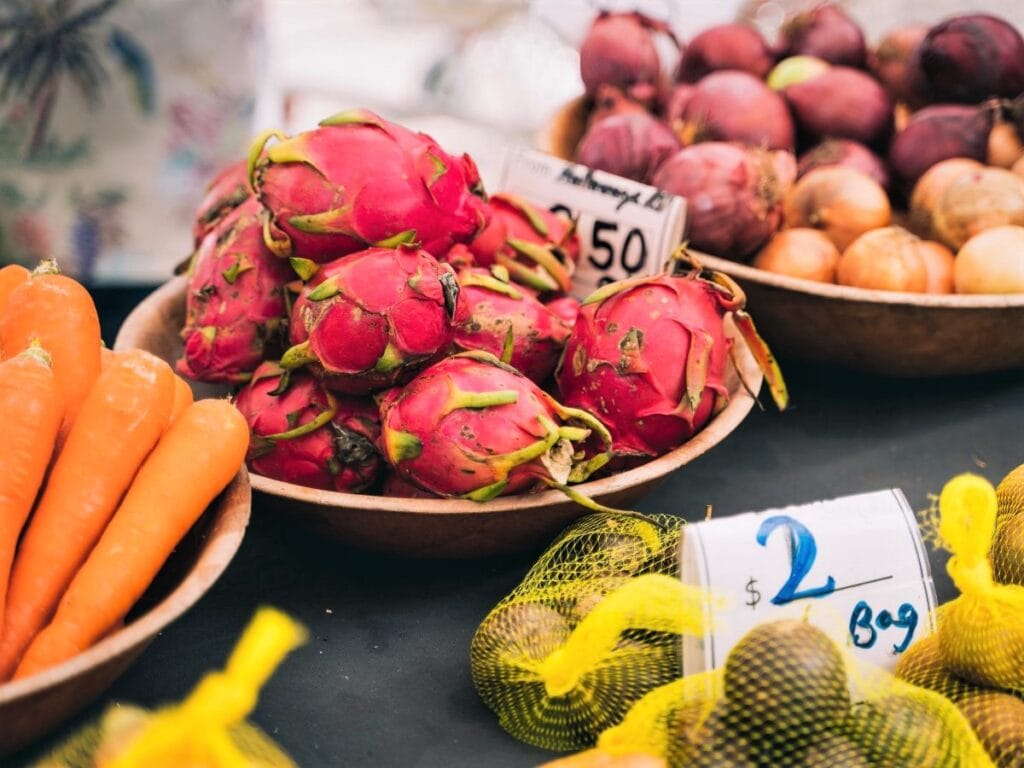
Learn more about smart food system solutions
The Future Food Systems CRC is hosting an online forum on Thursday, December 2 (12.30- 3.10pm), to showcase a cross-section of exciting collaborations with industry partners and research experts.
Forum sessions will cover:
- Specialist food-industry clusters and fostering trade, through projects such as the CRC’s �Blockchain for smart trade�, �Coffs analytics�, �Commercialising native rice� and �National map of protected cropping systems� collaborations;
- Novel tech and data-enabled solutions for future farming systems, as exemplified by projects with WBS, Perfection Fresh, LLEAF and Hort Innovation;
- Innovation in value-added foods and precision nutrition goods through projects with Sanitarium, WA DPIRD, Bruker and EcoMag.
A compelling speaker line-up includes CRC industry partner representatives Dr John Ashton, from Sanitarium Health Food Company, Adj. Prof. Warwick Powell, Chair of digital trade hub start-up BeefLedger; Dr Tam Tran, Chairman and Chief Technology Officer for exciting SME EcoMag, and Dr Alex Soeriyadi, developer of innovative �smart� agricultural film LLEAF; alongside research experts from our university partners across Australia.
The showcase will be held via Zoom video conference. Attendance is free but pre-registration is essential. Click here to register.
The Future Food Systems Cooperative Research Centre (CRC) was created to support innovation and growth across the value chain.
It commenced operations in 2019 for an initial term of 10 years, with a budget from the Commonwealth of Australia and participants totalling $174 million.
The potential for regional areas to once again be the backbone of the economy has shone brightly during the pandemic. Read more here.


